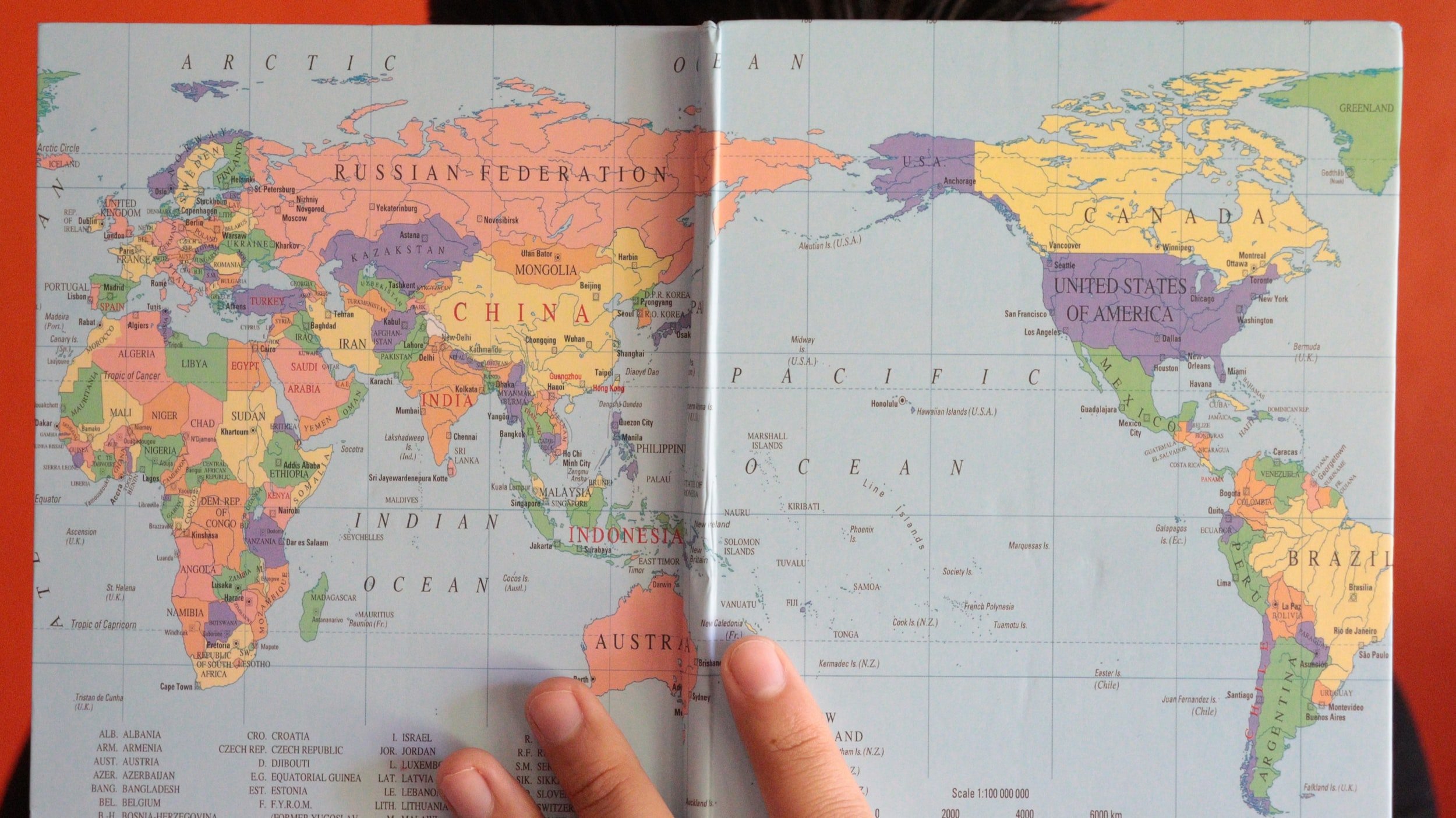
Montessori Elementary
The Elementary program is for children ages 6 through thirteen years old or first through seventh grade. Housed in one large classroom, a mixed age group of 6 to 13 years old brings together a collective society of different skills, academic success, friendship, opportunities for growth, leadership and collaboration. The Elementary community works together to build their school days, tend to the gardens, care for the classroom environments and materials as well as each other. A key component of the Elementary program are weekly classroom meetings. The children and teachers come together to discuss goals, issues and ideas they would like to see implemented into their day. The children are given the responsibility to plan their day and lessons they would like to work with. Weekly one on one meetings with the teacher help the child to meet and maintain their goals.
Schedule Your Tour Today.
-
The Children’s House experience continues in the Elementary program, where the Montessori materials are a means to an end. These scientifically designed materials are intended to stimulate the imagination, to aid abstraction and to present a universal view on the human work and purpose. The Montessori elementary, the child’s own questions provide the basis for exploration of the world. Because these questions are heeded and nurtured, the child really connects with knowledge. Subject matter, then is made relevant to the child’s personal quest, providing an inner motivation. A Montessori elementary education does not give the child a collection of trivial facts but rather bestows a vision of interrelated knowledge and love of learning.
-
World history is integrated with science and language is presented through the medium of “Great Stories” or lessons which span the history of the universe, supported by impressionistic charts and multiple time lines for each major concept.
-
The mathematics curriculum is presented with concrete materials which reveal arithmetic, geometric, and algebraic correlations. Formulae and rules are a point of arrival and discovery, not a point of departure.
-
The child is led to ask philosophical questions about the origins of the universe, the nature of life, different cultures and the fundamental needs of humankind. Interdisciplinary studies combine geology, biology, chemistry, physics, and anthropology in the study of natural history and world ecology.
-
There is an emphasis on creative and expository writing, interpretive reading of literature and poetry. Research using a variety of sources is basic, as is the study of grammar, sentence analysis, spelling and oral expression, including dramatic productions. A foreign language is developed alongside the native language. The primary language spoken in the classroom is English. Children are also exposed foreign languages.
-
Art and music hold an equal place in the Montessori Curriculum, both in theory and in practice. Children participate in plays, musicals, and events such as International Children’s Day and the Fall Festival. The children practice public speaking, planning, team work and express themselves creatively. These areas are also included in the integrated curriculum, demonstrating the richness of the human mind and spirit.
Making use of community resources through the experience known as “Going Out” is a means of allowing students to take the initiative to explore beyond the classroom walls and to follow their own interests to a satisfying conclusion.
-
The Elementary program incorporates care of the environment into the curriculum. Children will plan and prepare the garden throughout the school year and summer and care for the animals on campus. Outdoor work periods, research
